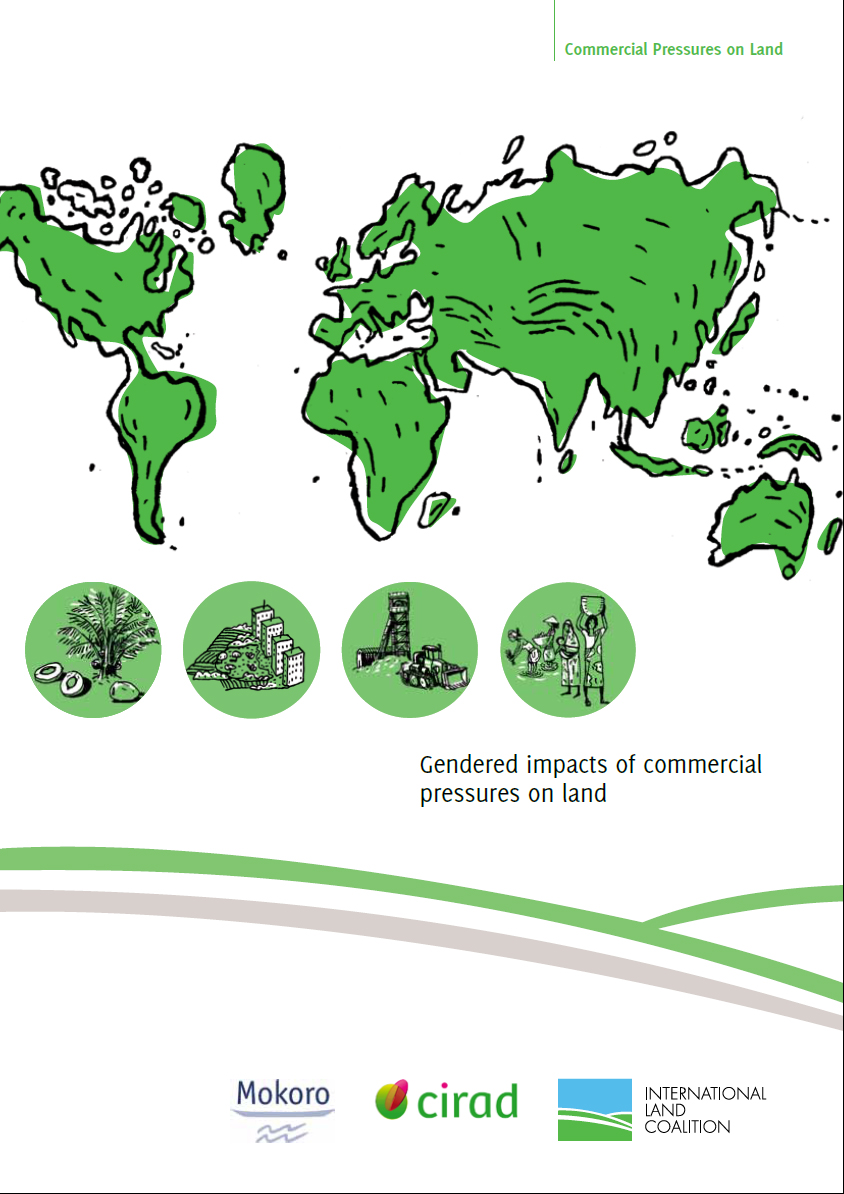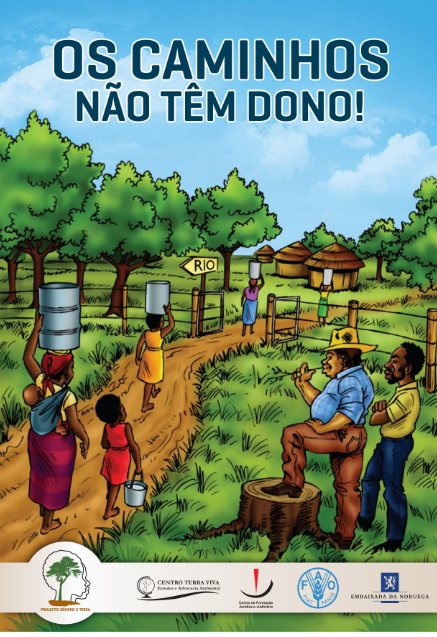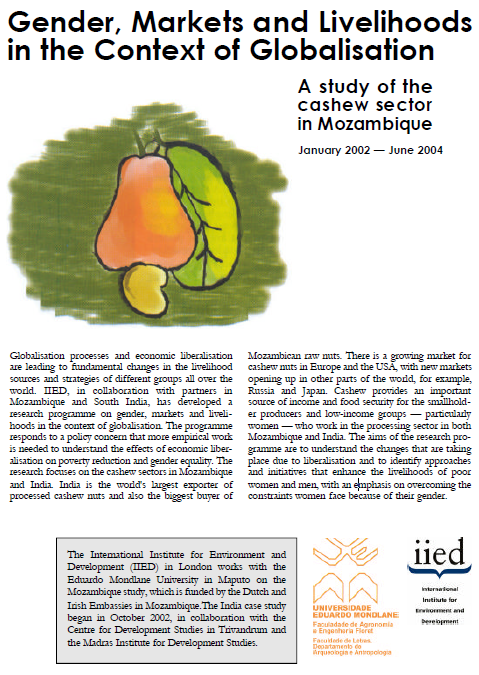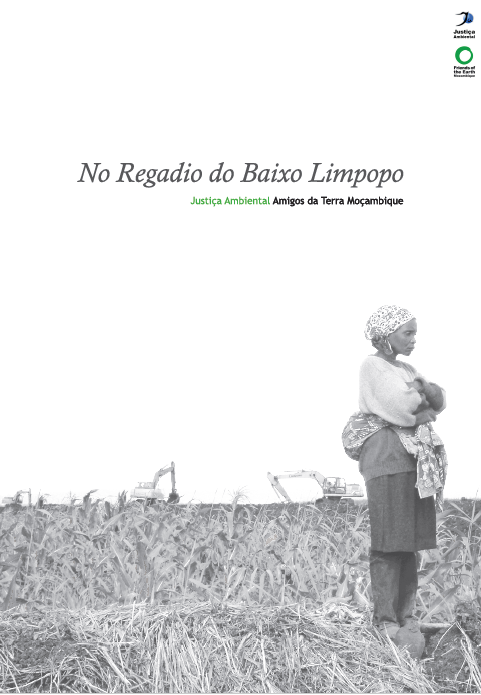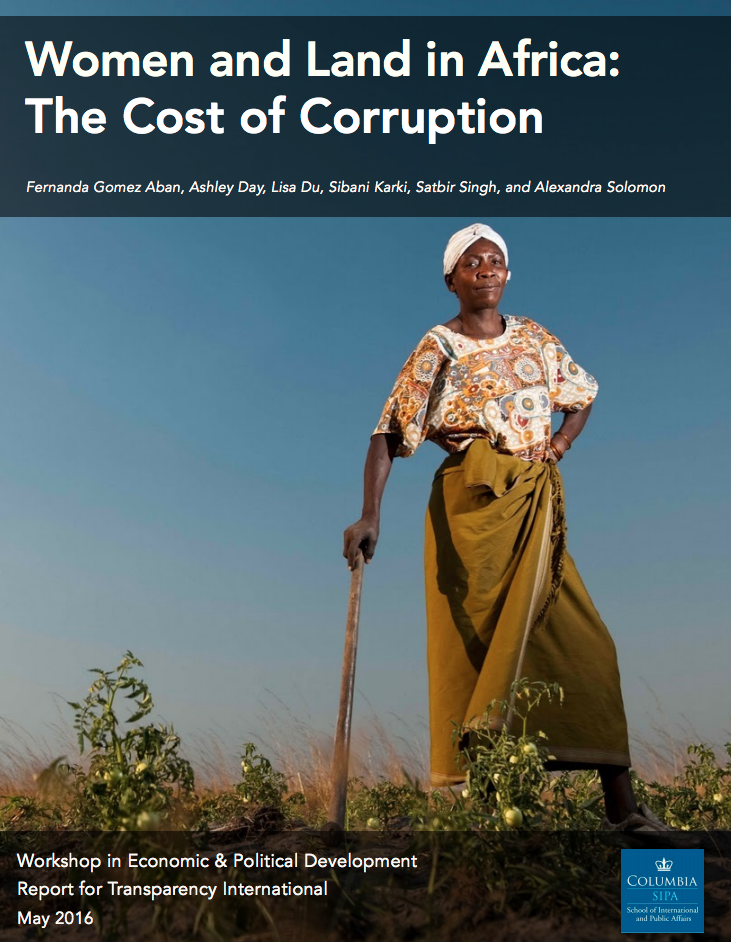Gendered impact of commercial pressures on land
This gender study forms part of the International Land Coalition’s ‘Commercial Pressures on Land Initiative’ Global Study. As stated by the International Land Coalition (ILC), the goal of this initiative is to support the efforts of ILC members and other stakeholders to influence global, regional and national processes on land to enable secure and equitable access to land for poor women and men in the face of increasing commercial demand for land (ILC 2010a, emphasis added).

